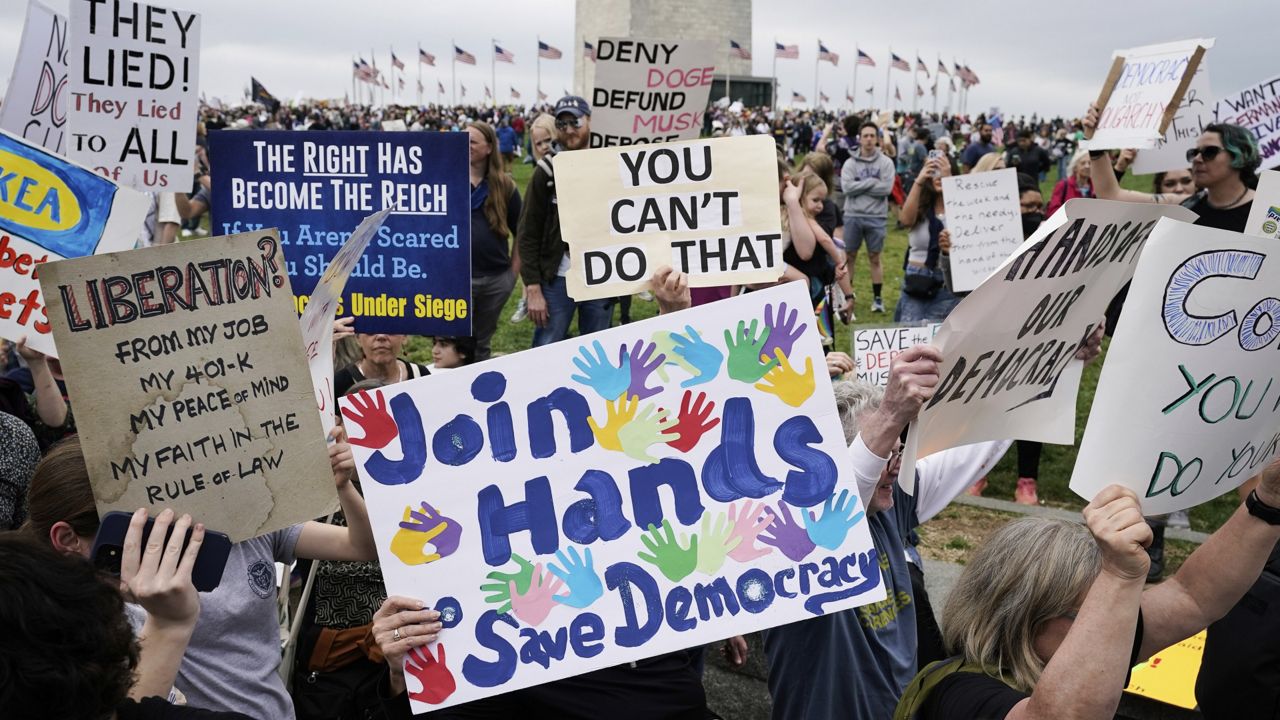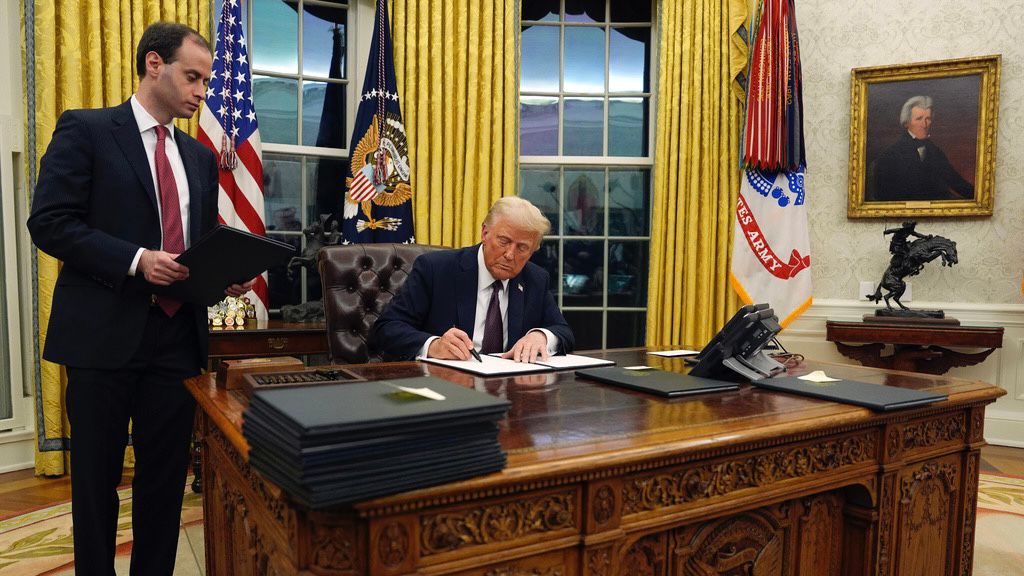Feeding the world and maintaining a sustainable earth are a major topic for the first time at this year’s World Economic Forum conference in Davos, Switzerland.
Healthy soil is increasingly an issue of national security, so much so that Secretary of State Antony Blinken joined a panel to discuss his concerns Tuesday.
“As we meet here today, 700 million people do not know if they will have enough food to eat tomorrow. This hunger fuels instability,” Blinken told a panel at the 2024 meeting of 3,000 political, business and cultural leaders from 120 countries who join forces each year to promote the global public interest.
When soil is not good, crops fail. When crops fail, prices rise and people go hungry. Bad soil can also worsen the impacts of drought, floods and other climate-driven extreme weather, leading to lower crop yields, less food and neighbors competing for dwindling resources. The result, he said, is “unprecedented migration flows that we’re facing around the world.”
Blinken said shifting climate patterns are forcing neighbors to compete for dwindling resources, which strains ethnic tensions and destabilizes communities.
He cited Russian attacks on fields in Ukraine, which have disrupted global markets and made food harder to afford, as well as the Houthis’ recent attacks on container ships in the Red Sea, which handles 15% of the world’s commerce. Rerouting ships to keep them safe costs more and takes more time, also increasing the cost of food.
Blinken said he recently met with United Nations staff in Jordan who are working to give aid to Palestinians in Gaza, 90% of whom are currently “facing acute food insecurity,” Blinken said.
More of the world could face a similar lack of food in the future. By 2050, global demand for food is projected to increase 50% while climate change, over the same period, could reduce crop yields by 30%.
“Do the math,” Blinken said. “We need to feed more people as growing food becomes harder.”
During last November’s United Nations Climate Change Conference in Dubai, the U.S. signed a pledge with 130 other countries to adopt and transform agriculture and food systems to adjust to a warming world. The Global Partnership for Infrastructure and Investment will allocate $17 billion to regenerate degraded cropland and capture carbon in soil.
For its part, the U.S. Agency for International Development’s Future Initiative is working to identify indigenous African crops that are the most nutritious and resilient to climate change and improve them so they can help feed the world. The agency is also investing in mapping, conserving and building healthy soils.
“If you get the seeds right, if you get the soil right, then you have your agricultural foundation for the future,” Blinken said. “Seeds and soil — we put them together, and we can begin to answer a lot of the challenges that our world is going to face over the next 25 or 30 years.”








